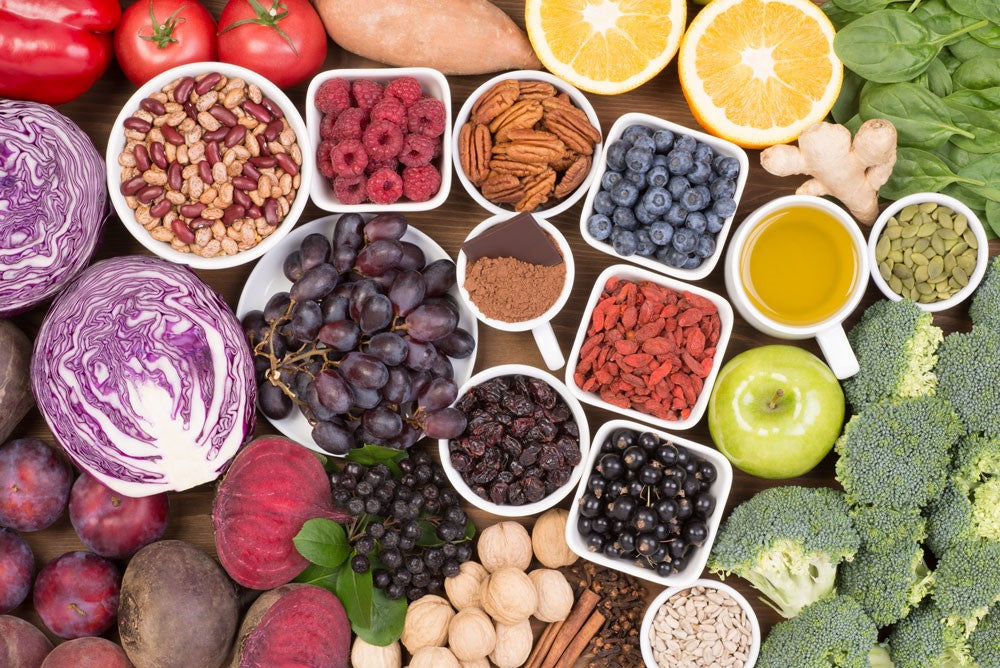What Is Oxidative Stress?
Oxidative stress occurs when the production of reactive oxygen is greater than the body's ability to detoxify the reactive intermediates. This imbalance leads to oxidative damage to proteins, molecules, and genes within the body. Since the body is incapable of keeping up with the detoxification of the free radicals, the damage continues to spread.
External Factors of Oxidative Stress
Free radicals occur naturally within the body, and for the most part, the body's natural antioxidants can manage their detoxification. But, there are certain external factors that can trigger the production of these damaging free radicals. These factors include:• Excessive exposure to UV rays
• Pollution
• Smoking
• Eating an unhealthy diet
• Excessive exercise
• Certain medications and/or treatments
How Do Antioxidants Counteract Oxidative Stress and Free Radicals?
The body naturally produces antioxidants like superoxide dismutase, catalase, and an assortment of peroxidase enzymes, as a means of defending itself against free radicals. The antioxidants neutralize the free radicals, thereby rendering them harmless to other cells.
Unfortunately, the antioxidants produced naturally by the body are not enough to neutralize all of the free radicals in the body. Therefore, a constant supply of external sources of antioxidants should be a part of one's daily diet, in order to reduce oxidative stress and related damage.
Antioxidants have the remarkable ability to repair damaged molecules by donating hydrogen atoms to the molecules. Some antioxidants even have a chelating effect on free radical production that's catalyzed by heavy metals. In this situation, the antioxidant contains the heavy metal molecules so strongly that the chemical reaction necessary to create a free radical never occurs. When the chelating antioxidant is water-soluble, it also causes the removal of the heavy metals from the body via the urine.
Flavenoid antioxidants actually attach themselves to one's DNA, forming a barrier of protection against free radical attacks, while some antioxidants even have the ability to cause some types of cancer cells to self-destruct in a process called apoptosis.
Which Antioxidant Works Best Against Oxidative Stress?
Astaxanthin is considered nature's most powerful antioxidant. It has an especially high propensity for absorbing the excess energy from singlet oxygen, releasing it as heat, and returning the oxygen (and itself) back to its original state. This process is known as “quenching.”Natural sources of astaxanthin are numerous, but nearly all sources of the pigment are found to have very low concentrations. The red-colored algae, Haematococcus pluvialis, however, provides the most concentrated natural source of astaxanthin known, from 10,000-40,000 ppm (mg/kg). This algae also offers a rich array of other important carotenoids such as beta-carotene, lutein, and canthaxanthin. Therefore, astaxanthin is one of the most complete antioxidant sources available, and one of the most effective against oxidative stress and free radicals.
Disclaimer:
The information provided is for educational purposes only and does not constitute medical advice. Always seek the advice of your physician or qualified healthcare provider with any questions or concerns about your health. Check with your doctor before beginning any exercise program. Never disregard or delay seeking medical advice because of something you have heard or read in this article or the internet.

